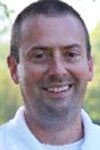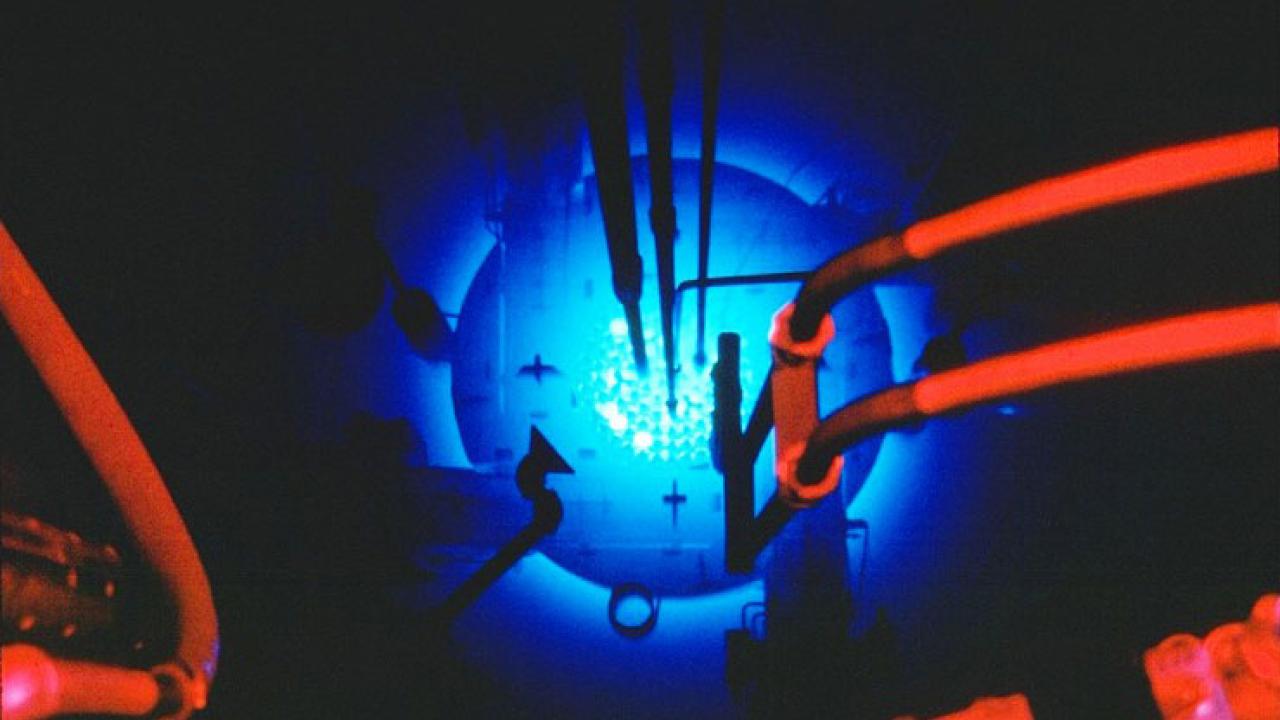Quick Summary
- Wesley Frey moves up from safety officer to director
- Center's new strategic plan lowers costs for researchers
- Virtual tour, Sept. 12, hosted on the Davis campus
The McClellan Nuclear Research Center, owned and operated by UC Davis, has received approval from campus leadership to proceed with the implementation of a recently developed strategic plan that sets the direction for the facility over the next 5-plus years.
Learn More, Take a Tour
A virtual tour, that is, hosted on the Davis campus, on Monday (Sept. 12). The Office of Research has arranged the tour as part of a program to inform the campus community about opportunities for research, education and training at the university’s McClellan Nuclear Research Center in Sacramento.
The program includes remarks by the director and faculty members, followed by the live, virtual tour of the reactor. Vice Chancellor Harris Lewin will address the “Vision for the Future.”
Faculty, staff and students are welcome to attend: noon-1:30 p.m., 1147 Mathematical Sciences Building. Lunch will be provided. Registration can be arranged online.

As part of the continued commitment, Wesley Frey, formerly the center’s radiation safety officer, has been appointed as the new director. He accepted the appointment following the retirement of Barry Klein, emeritus professor of physics who served as director since 2011.
“The new leadership team at MNRC will allow UC Davis to leverage a unique and powerful resource to address national needs in education and research in nuclear science and engineering,” said Harris Lewin, vice chancellor of the Office of Research. “Dr. Frey has a great vision for advancing the goals of the facility, and the university will fully support his efforts to make MNRC a national leader in training nuclear scientists and nuclear research.”
The Office of Research also has brought on retired U.S. Navy Vice Adm. Mel Williams, a nuclear-trained submariner and former associate deputy secretary in the Department of Energy. He will work with the vice chancellor on matters related to strategic research initiatives, including the MNRC. Further, Williams and a newly established advisory committee will support Frey in his mission as the center's director.
World-class irradiation services, neutron imaging
The MNRC offers world-class irradiation services and neutron radiography that are particularly well suited for applications in material science, electrical engineering, plant science, geology, chemistry and physics.
Neutron radiography is similar to X-ray radiography but uses neutrons to create images, allowing low atomic mass material (like water) inside higher atomic mass materials (like aluminum) to be seen. This lends itself to several important aerospace applications as well as radiation hardness testing of electronics, seed mutagenesis and neutron activation analysis studies
The center — located in Sacramento, 25 miles from the Davis campus — was built and commissioned by the Air Force for the primary purpose of detecting low-level corrosion and hidden defects in aircraft structures using nondestructive testing techniques such as neutron radiography and tomography. It is the highest power TRIGA (Training, Research, Isotopes, General Atomics) reactor in the United States, rated at 2 megawatts in steady state with the capability to pulse to approximately 400 MW for 30 milliseconds.
New opportunities for researchers and students
A new recharge structure has been developed for UC Davis researchers and faculty, significantly reducing the costs associated with irradiation studies.
In addition, the center is developing a program in which UC Davis students will receive hands-on training for licensing by the federal government to operate the 2 MW reactor. The center will use this program and other outreach activities to engage current and potential students in STEM: science, technology, engineering and mathematics.
Media Resources
AJ Cheline, 530-752-1101, acheline@ucdavis.edu
